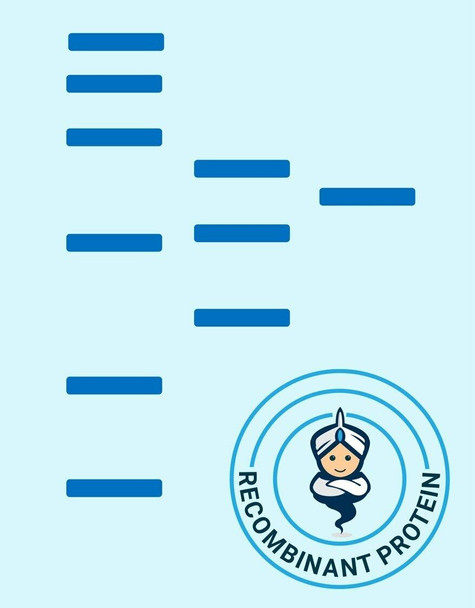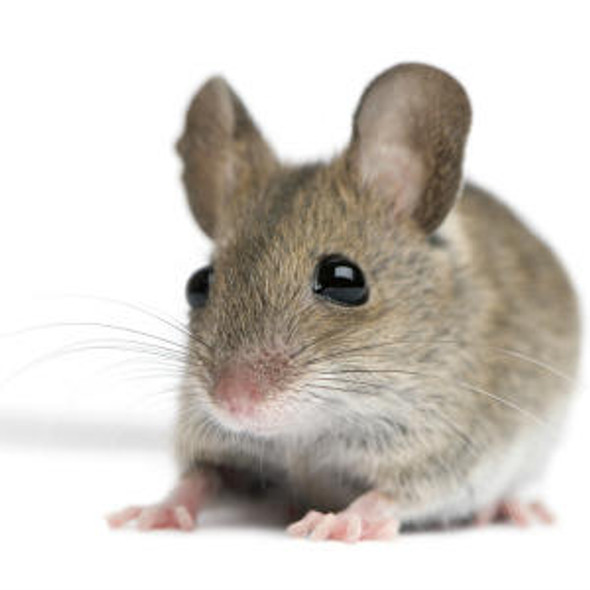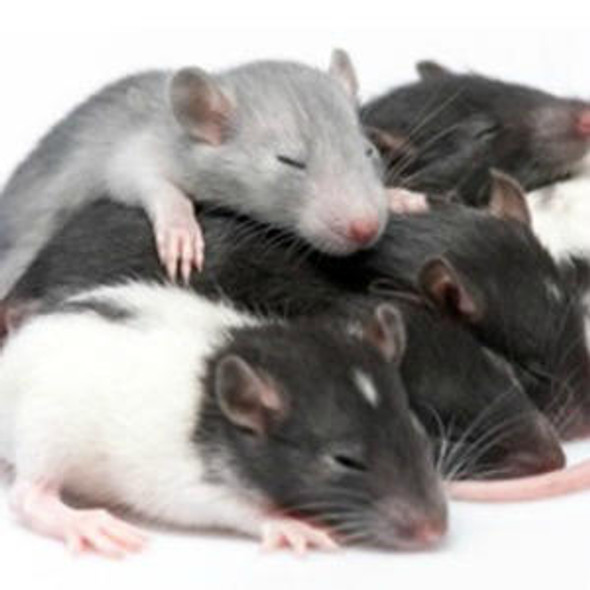Human Cyr61/CCN1 Recombinant Protein (RPES1601)
- SKU:
- RPES1601
- Product type:
- Recombinant Protein
- Host species:
- Human Cells
- Reactivity:
- Human
Frequently bought together:
Description
system_update_alt데이터시트
Human Cyr61/CCN1 Recombinant Protein
Protein CYR61, also known as CCN family member 1, Cysteine-rich angiogenic inducer 61,Insulin-like growth factor-binding protein 10 , GIG1, CYR61, CCN1 and IGFBP10, belongs to the CCN family, CYR61 is a secreted protein and contains one CTCK (C-terminal cystine knot-like) domain,one IGFBP N-terminal domain,one TSP type-1 domain and one VWFC domain. CYR61 promotes cell proliferation, chemotaxis, angiogenesis and cell adhesion. CYR61 plays important roles in inflammation and tissue repair. CYR61 is associated with diseases related to chronic inflammation, including rheumatoid arthritis, atherosclerosis, diabetes-related nephropathy and retinopathy, and many different forms of cancers.
| Product Name: | Human Cyr61/CCN1 Recombinant Protein (RPES1601) |
| Product Code: | RPES1601 |
| Size: | 10µg |
| Species: | Human |
| Expressed Host: | Human Cells |
| Synonyms: | Protein CYR61,CCN family member 1, Cysteine-rich angiogenic inducer 61,Insulin-like growth factor-binding protein 10 , GIG1, CYR61, CCN1,IGFBP10, |
| Accession: | O00622 |
| Sequence: | Thr 25-Asp381 |
| Fusion tag: | C-Fc |
| Endotoxin: | <1.0 EU per µg as determined by the LAL method. |
| Protein Construction: | Recombinant Human Cysteine-rich angiogenic inducer 61 is produced by our Mammalian expression system and the target gene encoding Thr25-Asp381 is expressed with a Fc tag at the C-terminus. |
| Purity: | > 95 % as determined by reducing SDS-PAGE. |
| Mol Mass: | 66.5 kDa |
| AP Mol Mass: | 71 kDa |
| Formulation: | Lyophilized from a 0.2 µm filtered solution of PBS, pH7.4. |
| Shipping: | This product is provided as lyophilized powder which is shipped with ice packs. |
| Stability and Storage: | Lyophilized proteins are stable for up to 12 months when stored at -20 to -80°C. Reconstituted protein solution can be stored at 4-8°C for 2-7 days. Aliquots of reconstituted samples are stable at < -20°C for 3 months. |










